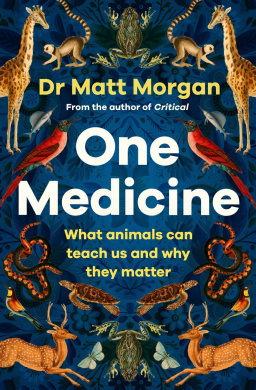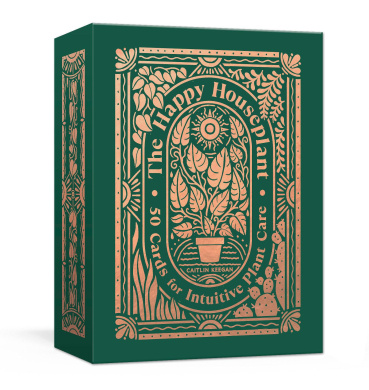Description
In August 2003, one of the largest wildfires in Canadian history struck near Kelowna, British Columbia, and the surrounding Okanagan Valley. The fire covered over 25,000 hectares and the devastation was unprecedented: millions of dollars in property were lost, 26,000 people were forced from their homes, and much of the historical and natural landscape was destroyed.Environmental disasters occur with increasing frequency around the globe. The enormous consequences of these catastrophes are well documented, especially the economic, human, and physical tolls that are wrought on the stricken communities. Into the Fire looks at the social and political dimensions of disasters — including social inequality, power relations, and possibilities for change — focusing on the Kelowna fire and how gender relations were simultaneously sustained and disrupted among those who fought the fire. Shelley Pacholok demonstrates that crises like this provide fertile ground for studying gender instability and change, and enable scholars to better see how social life is organized — including the everyday manifestations of gender — as well as challenge taken-for-granted assumptions and ideologies. Drawing on media accounts and interviews with firefighters, Pacholok examines not only the experiences and portrayals of male firefighters, but also those of women taking on “masculine” tasks and responsibilities such as repair, rescue, and income-generating activities. Thoughtfully engaging yet theoretically sophisticated, Into the Fire reveals how disasters bring traditional patterns of gender relations to light and often serve as catalysts for social change.






